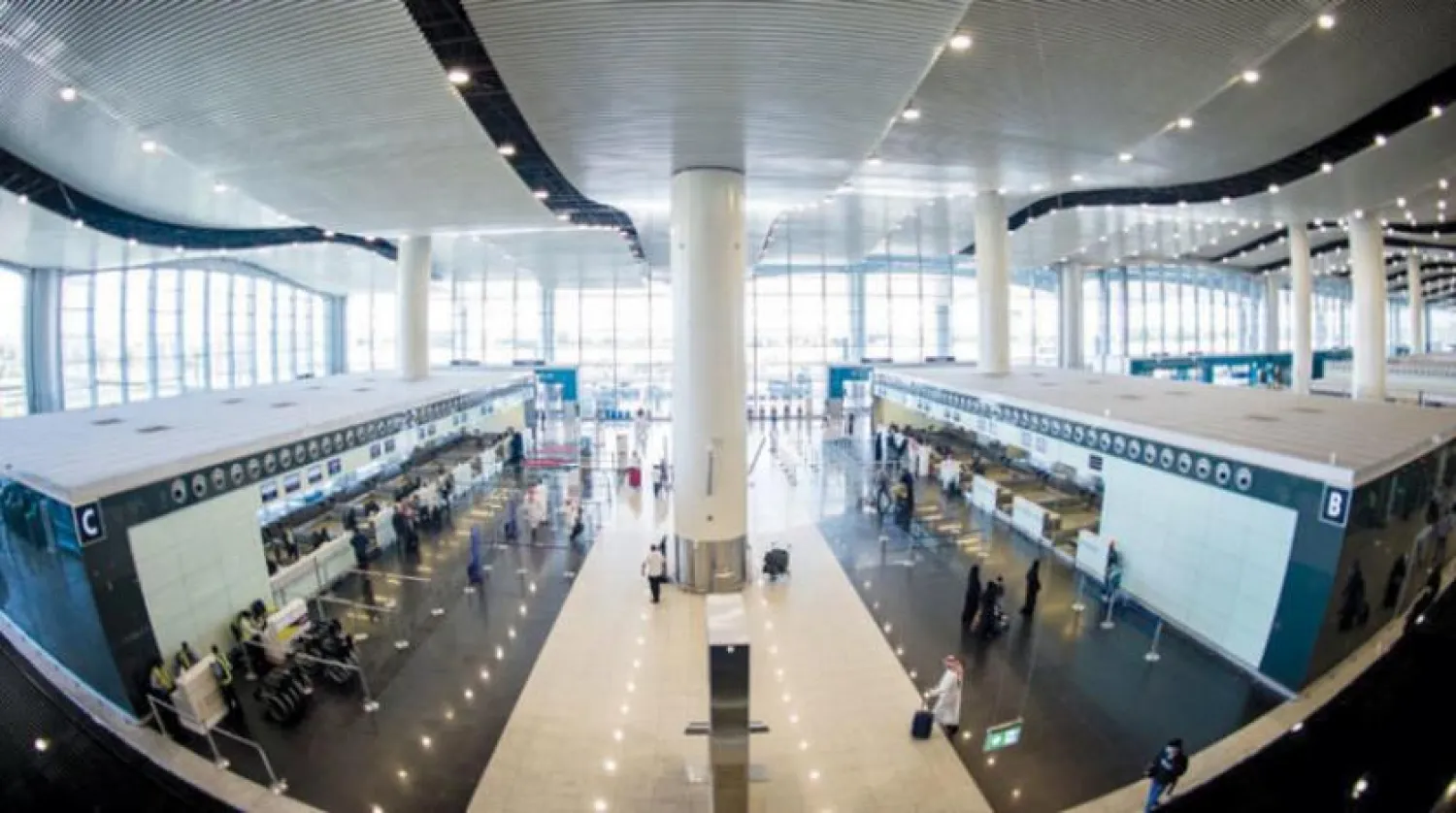Matarat Holding announced the completion of the institutional transformation of Al-Ahsa Airport and Al Qaisumah/Hafr al Batin Airport, in eastern Saudi Arabia. They would operate along with King Fahd International Airport under the umbrella of Dammam Airports Company (DACO).
This step falls under a plan to develop airports in the Kingdom.
CEO of Matarat Holding, Engineer Moaid Al-Salloum and Chairman of DACO, Mohammad Abdullah Al Mansour signed an agreement on the occasion. It was signed under the patronage of Governor of the Eastern Province, Prince Saud bin Nayef bin Abdulaziz, during a ceremony in Dammam on Monday.
The ultimate goal is to support the future of the aviation industry in the Kingdom through the best international practices, said Prince Saud.
This leap would be made in developing airports, attracting international and local investments and enhancing the quality of services provided to customers and passengers.
President of the General Authority for Civil Aviation (GACA), Abdulaziz Al-Duailej noted that the aviation sector in Saudi Arabia has become among the top 15 in the world in terms of airports’ communication with the world, the increase of capacity to 330 million travelers, improvement of capabilities of the air freight sector, and doubling of air cargo capacity to more than 4.5 million tons.
Duailej further emphasized the importance of institutional transformation in order to achieve the goals of the National Transport and Logistics Strategy so that the Kingdom would become a global logistics hub connecting three continents.
Al-Salloum said institutional transformation took eight years of tireless work while maintaining the operating and administrative processes in each airport.
The National Transport and Logistics Strategy has four main goals: to transform Saudi Arabia into a logistics hub, boost the quality of life across the Kingdom, enhance fiscal sustainability and improve the performance of public facilities.









